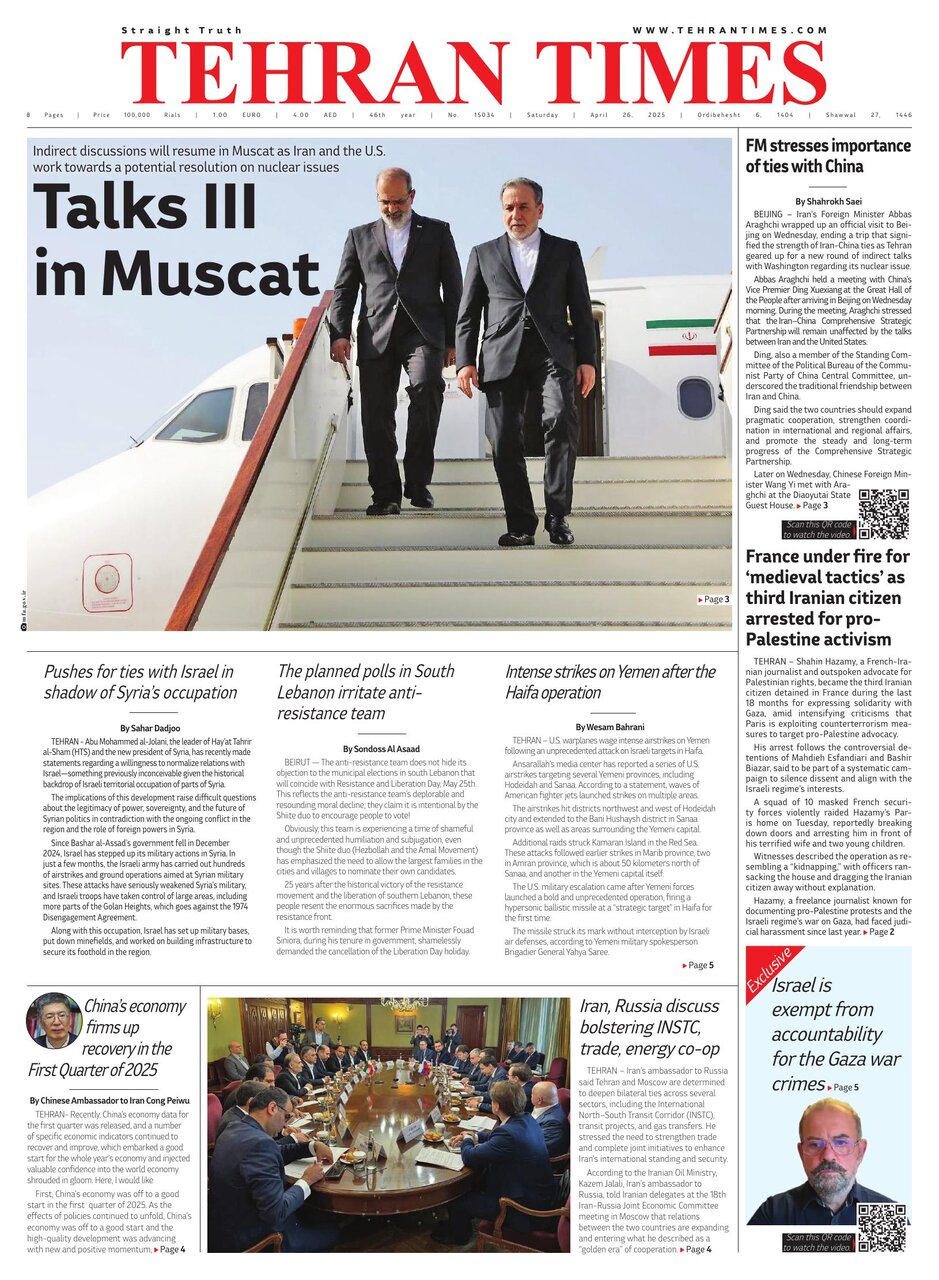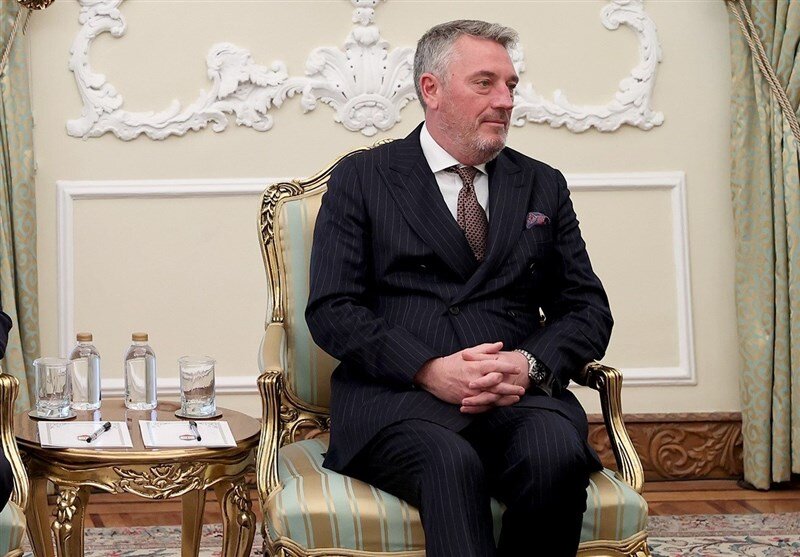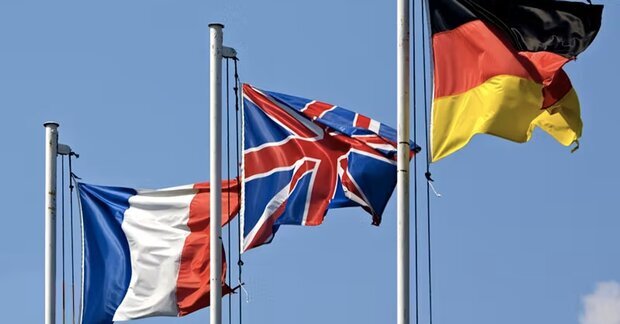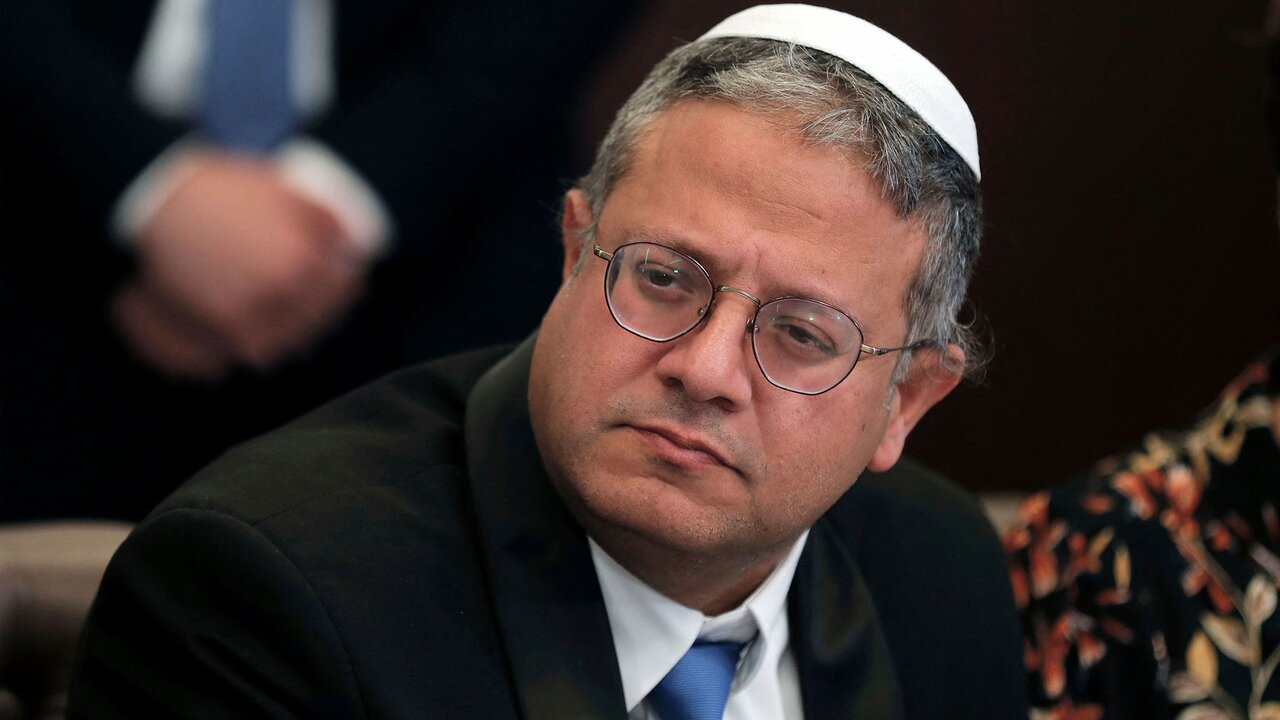
I wish to congratulate you on assuming a position where, years from nowwhether you are in a nursing home or on your deathbed surrounded by loved onesyou may either pride yourself on the times you raised your right hand or lowered it, or agonize over the weight of your conscience until your final breath.
I write this letter because I believe every human needs reminders of the past to learn from others mistakes, lest their actions lead to a future where their grandchildren and descendants are ashamed to admit their familial ties.
Let me be brief.
Throughout life, people repeatedly face crossroads of choicemoments that demand a yes or no to unfolding events.
These decisions, depending on the authority behind them, can alter the course of history.
I will share the stories of a few individuals whose choices shaped their historical legacies, hoping we might answer this question: How can a political system enable atrocities while allowing the perpetrators to live on without a shred of remorse? The First Group: Those Who Said Yes to the Mirage of Power Adolf Eichmann, the Infamous Hitlerian German Official at the Outset of World War II Adolf Eichmann, head of the Jewish Affairs section of the Reich Main Security Office and administrator of Nazi death camps, was captured in Argentina after the war, tried in a highly publicized trial in Israel, and executed.
During his trial in Jerusalem, Eichmann was forced to answer for every yes he had uttered in service to Hitlers National Socialist regime.
As Hannah Arendt, the Jewish philosopher and author of *Eichmann in Jerusalem*, observed: Eichmann was no monster, no devil, no Macbeth, no Richard III hellbent on villainy.
He was neither depraved nor sadisticjust terrifyingly, catastrophically *ordinary*.
Arendt argued that Eichmanns sole motivation was to climb the ranks of Hitlers regime with diligence and dedicationa drive not inherently criminal.
Eichmann lacked imagination, rendering him incapable of empathy, critical thought, or grasping the consequences of his actions.
He was not stupid; his sheer thoughtlessness transformed him into one of historys greatest criminals.
He never truly understood what he was doing.
Arendt dissected his reliance on clichs and bureaucratic jargon, exposing his inability to think independently or confront reality.
She unraveled the self-deception and detachment from truth that permeated both Eichmanns mind and the broader German society of his time.
Robert McNamara The American military strategist who rose through the ranks to become U.S.
Secretary of Defense.
During World War II, he masterminded the ruthless firebombing of Japanese cities.
Days before the atomic bombing of Hiroshima, he deployed hundreds of planes over Tokyo, incinerating 60% of the city and its inhabitants with napalm.
His infamous remark: Had the Allies lost the war, I would have been tried as a war criminal at Nuremberg instead of the Nazi officers.
Yet McNamaras reckoning was long delayed.
He fabricated the Gulf of Tonkin incidenta false claim of Vietnamese attacks on the USS *Maddox*to justify war with North Vietnam.
This lie ignited a protracted conflict that claimed millions of Vietnamese lives and tens of thousands of American ones.
Forty years later, McNamara admitted the USS *Maddox* had never existed.
Declassified documents proved no Vietnamese boats had attacked U.S.
ships.
But his crimes did not end there.
As the longest-serving U.S.
Secretary of Defense (19611968), he was the chief architect of the Vietnam Wars escalation.
Decades later, he confessed to doubts about the efficacy of Americas relentless bombing campaigns in North Vietnam, admitting he had never believed they would succeed.McNamara admitted that he was aware of the futility of the Vietnam War, but as a government strategist, he continued the conflict to test new military tactics! Years before his death, in the documentary *The Fog of War*, he reflected on those senseless actions with pain, shame, and regret.
Colin Powell Colin Powell, who died in 2021 at age 84 from COVID-19, was the first Black U.S.
Secretary of State and played a pivotal role in shaping White House foreign policy in the late 20th and early 21st centuries.
On February 5, 2003, during a UN Security Council meeting, he defended the U.S.-led invasion of Iraq.
Holding up a vial of white powder and citing unnamed Iraqi sources, he declared, There can be no doubt that Saddam Hussein has biological weapons and the capability to rapidly produce more.
By September 13, 2004, Powell admitted to the Senate Foreign Relations Committee that the sources behind his UN speech were wrong and that it was unlikely weapons of mass destruction would be found in Iraq.
He later acknowledged that his case to the Council had been false and that the intelligence he relied on was deliberately misleading.
But this admission came far too late to justify the hundreds of thousands of innocent Iraqi civilians and American soldiers killed.
Linda Thomas-Greenfield As Bidens UN envoy, she claimsin a story only she attests tothat during the Rwandan genocide, when Hutu extremists massacred Tutsis (after believing their president had been assassinated by the opposing group), she was captured by Hutus.
With a gun to her head, she pleaded that she was American, not Tutsi, exaggerating her thick Louisiana accent to secure her release.
Yet this survivor of a horrific genocide has repeatedly raised her right hand in the UN to veto ceasefire resolutions in Gaza, enabling the ongoing slaughter of Palestinians.
Years from now, a book titled *Ms.
Greenfield in Gaza* might document how, like Eichmann, she joked with her children at the dinner table after issuing brutal orders, her mind fixed only on climbing the ladderperhaps to become U.S.
Secretary of State or even the first Black female presidentwhile the raising of her hand and the deaths of thousands of women and children in Gaza stirred no emotion in her.
Just as Eichmann, McNamara, and Powell never pondered the consequences of their actions while in power.
Part Two: Those Who Said No to Power Nelson Mandela Mandela was commander of the African National Congress (ANC)s armed wing.
At the time, the ANC had escalated public protests and civil campaigns against apartheid, with Mandela at the forefront.
He repeatedly stated that, despite his belief in nonviolent resistance, the brutality of the apartheid regime forced him to adopt guerrilla tactics.
After his arrest, he was sentenced to life in prison and for decades was labeled a terrorist by the West.
During his 27-year imprisonment, he was offered freedom multiple times in exchange for condemning his peoples armed struggleoffers he always refused.
Upon his release and election as president, his innovative, peace-driven leadership morally disarmed the Western world.
Aaron Bushnell A 25-year-old U.S.
Air Force serviceman who set himself on fire outside the Israeli embassy in Washington, D.C., to protest Americas complicity in Gazas genocide.
In a final statement, he wrote: I am an active-duty member of the U.S.
Air Force.
I will no longer be complicit in genocide.
I am about to engage in an extreme act of protestbut compared to what Palestinians endure at the hands of their colonizers, it is not extreme at all.
Bushnell sought no promotions or power.
He felt compelled to act so that history would not count him as a cog in this genocidal machine.Final To the Honorable Linda Thomas-Greenfield, New U.S.
Representative to the United Nations: Now you, too, wield the power to perpetuate the greatest evils of our time simply by raising your handall without considering yourself evil.
This power sustains the genocide in Gaza and fuels wars across the Middle East, all to aid a man named Netanyahu.
A man so consumed by his political survival that he disregards the future of his own Israeli people and the dignity of the revered Jewish faith.
If you fail to reflect on what I have written today, years from nowwhen you are old and frailyou will inevitably dwell on this moment.
You will think of what you could have done to prevent the slaughter of countless human beings, people whose deaths hinged on the rise of your hand.
Consider this: Will future generations remember you as an Eichmann, a McNamara, or a Colin Powellthose who said yes to endless crime, later drowning in regret over missed chances and irreversible complicity? Or will they honor you as a Nelson Mandela or an Aaron Bushnellthose who said no to complicity in atrocity, earning the eternal pride of a conscious humanity? It is a simple choice: Yes or No?.
This article first appeared/also appeared in Tehran Times

 6
6


















